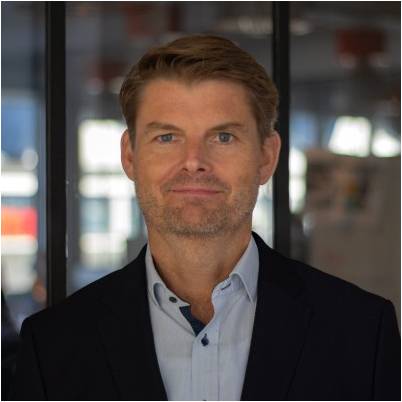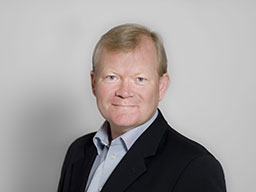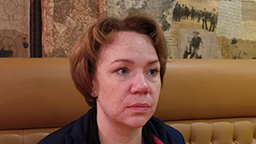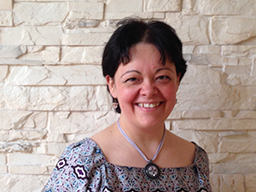What you will get: A deeper understanding of self motivation
“What’s the secret to finding true motivation?”
Where do you find it?
And who is responsible for it?
What am I talking about?
MOTIVATION.
You see…
Too many people go through life expecting to be “motivated” by others.
But that’s not where you will find true motivation.
You will find it inside you.
And what’s more…
It has many layers.
For example, take Dave the writer.
He always said he wanted to write a book.
Why?
Well he claimed it was because of his love of writing.
But when it came down to it, Dave loved the thought of being a writer and the attention and praise it would bring him more than actually writing.
That’s why Dave never made it as a successful writer.
So the first thing you need to be clear on is what is your real motivation for doing something. Dig deep through the layers of motivation until you get to the true motivation.
And then of course…
There’s Maslow’s unknown layer of motivation.
Most people are familiar with Maslow’s motivation model – so we all have a need for good health, safety, love and self esteem – which allow us to reach the magical self-actualisation level.
But many don’t know that Maslow added another level to his famous model.
Level 6 of his model states that true motivation must be linked to PURPOSE and GIVING.
So to really tap into your inner motivation, the task you are doing needs to have a clear purpose that benefits others.
It’s worth thinking about…
What are the tasks that motivate you most?
And are they the ones that give meaning and purpose to you and others?
Maybe it’s time for you to find your true motivation?
Now that’s a motivating thought!
Your success partner

Steve Neale
“Europe’s Leading Expert on Personal and Professional Growth”
Psychologist, Executive Coach, EI Practitioner, Award Winning Trainer, International Author, Psychodynamic Therapist, Hypnotherapist, Mindfulness Instructor, International Speaker, Creator of the LPS, Creator of the Accredited Masters in High Performance Leadership












